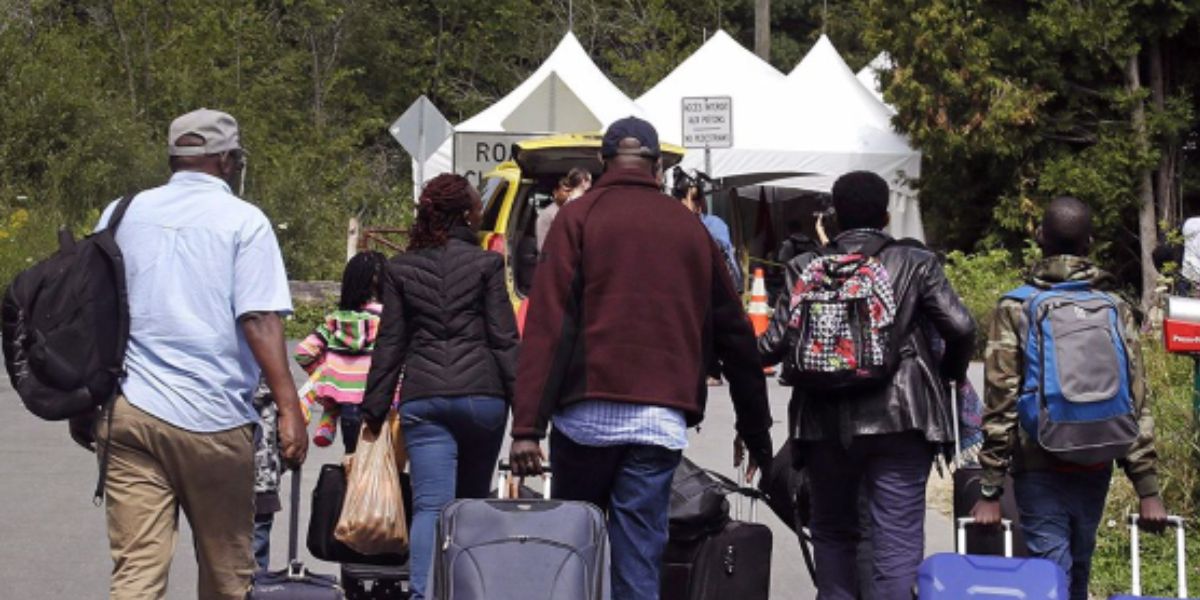
Canada Rejects 1,596 Nigerian Asylum Claims in 2025
Fresh figures from the Immigration and Refugee Board of Canada (IRB) show that 1,596 asylum claims by Nigerian nationals have been denied so far in 2025, even as the country continues to rank among the top sources of applicants.
According to data updated as of August 21, Nigerians filed 3,548 asylum claims this year, out of which 2,292 were approved, putting the acceptance rate at roughly 65 per cent. This marks an improvement compared to previous years, when cumulative rejections surpassed 13,000 cases.
An analysis by Maple Crest Law, a Canadian immigration practice, earlier listed Nigeria alongside Mexico, India, Haiti, and Colombia as the leading sources of asylum seekers in 2025.
The surge in applications has been linked to persistent insecurity from Boko Haram insurgency and worsening economic conditions at home. Ontario and Alberta remain the top destinations for Nigerian claimants.
By law, the IRB grants protection only if the Refugee Protection Division (RPD) confirms that applicants fit the United Nations’ definition of refugees or face substantial risks of torture, cruel treatment, or death if returned to their home country.
Between 2013 and 2024, the IRB rejected 13,171 Nigerian asylum claims while approving 10,580. The single highest year for rejections was 2019, with 3,951 Nigerians denied. By comparison, 811 Nigerian applications were turned down in 2024, while 2,230 were accepted.
So far in 2025, Nigeria ranks eighth among countries with the most accepted asylum claims, trailing Turkiye, Mexico, Colombia, Iran, Pakistan, Haiti, Afghanistan, and Kenya.
Migration experts warn, however, that irregular entry and poor understanding of refugee laws often lead to failed claims. Imaobong Ladipo-Sanusi, Executive Director of the Women Trafficking and Child Labour Eradication Foundation, told Sunday PUNCH that desperation fueled by economic hardship is a major driver.
“Many Nigerians miss it when they don’t understand the laws governing refugee status in their chosen destination. Documentation is crucial, because irregular entry almost always leads to rejection,” she explained. “Still, even those with irregular status but genuine risks should be protected. Migration must be safe, orderly and regular.”
Despite a slowdown compared to 2024’s record 173,000 asylum claims across all nationalities, Canada continues to process volumes well above pre-pandemic levels, leaving the IRB grappling with heavy backlogs and delays.
With 2,292 Nigerians already granted refugee status this year, the country remains one of Canada’s most significant sources of asylum seekers—balancing high approval numbers with persistent rejections.




